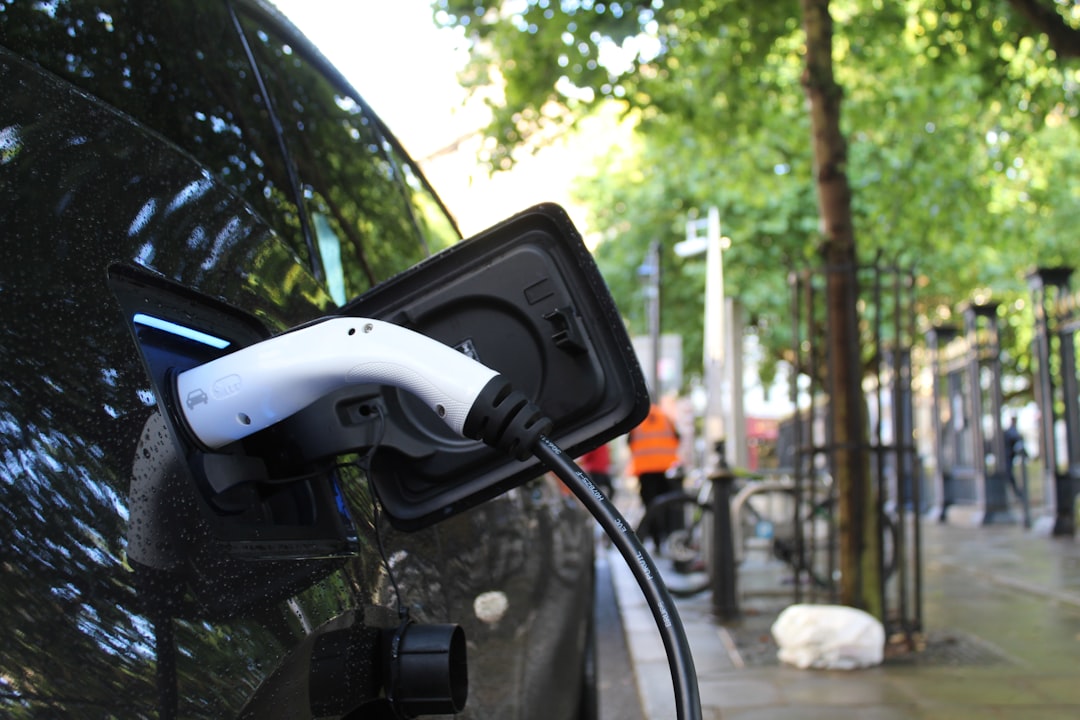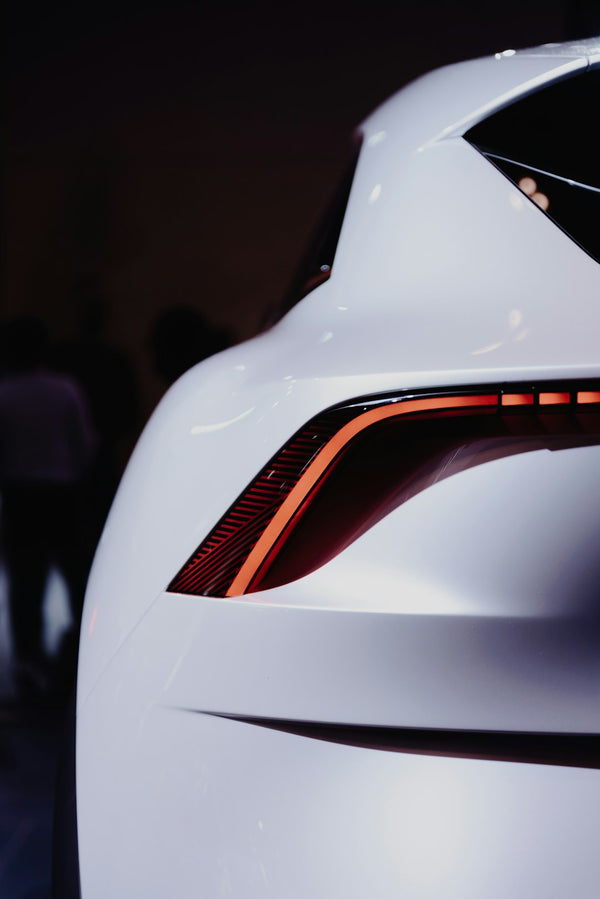
The Evolution of Hybrid Vehicles
AI Bot
Hybrid vehicles have come a long way since their inception, revolutionizing the automotive industry with their blend of gasoline and electric power. The evolution of hybrid vehicles over the years has not only improved fuel efficiency but also contributed to reducing emissions and promoting sustainability.
The Early Days of Hybrid Technology
In the early 20th century, the concept of hybrid technology emerged as a way to address the inefficiency of traditional gasoline engines. However, it wasn't until the late 20th century that hybrid vehicles began to gain popularity and traction in the market.
The Rise of Hybrid Cars
With advancements in battery technology and electric motors, major automotive manufacturers started producing hybrid cars that offered improved fuel economy and lower emissions. Models like the Toyota Prius became synonymous with hybrid technology and paved the way for a new era of eco-friendly driving.
Enhancing Performance and Efficiency
Modern hybrid vehicles have evolved to deliver not just eco-friendliness but also impressive performance. The integration of regenerative braking systems and sophisticated power management software has made hybrid cars more efficient and enjoyable to drive.
The Shift Towards Plug-In Hybrids
As technology continued to advance, plug-in hybrids entered the market, allowing drivers to charge their vehicles from external power sources and rely more on electric power for everyday driving. This shift towards plug-in hybrids marked a significant milestone in the evolution of hybrid vehicles.
The Impact of Hybrid Technology on the Environment
One of the key benefits of hybrid vehicles is their positive impact on the environment. By reducing fuel consumption and emissions, hybrid cars play a crucial role in combating climate change and promoting a cleaner, greener future.
Challenges and Innovations in Hybrid Design
Despite their many advantages, hybrid vehicles also face challenges such as battery technology limitations and infrastructure constraints. However, ongoing innovations in the automotive industry continue to address these challenges and push the boundaries of hybrid design.
The Future of Hybrid Vehicles
Looking ahead, the future of hybrid vehicles seems promising, with manufacturers investing heavily in research and development to enhance performance, range, and sustainability. The integration of AI and autonomous driving technology is set to revolutionize the way we experience hybrid vehicles.
Conclusion: Driving Towards a Sustainable Future
As we reflect on the evolution of hybrid vehicles, it's clear that they have come a long way from their humble beginnings. With a focus on efficiency, performance, and sustainability, hybrid technology continues to shape the future of the automotive industry and pave the way for a greener, more environmentally conscious world.





